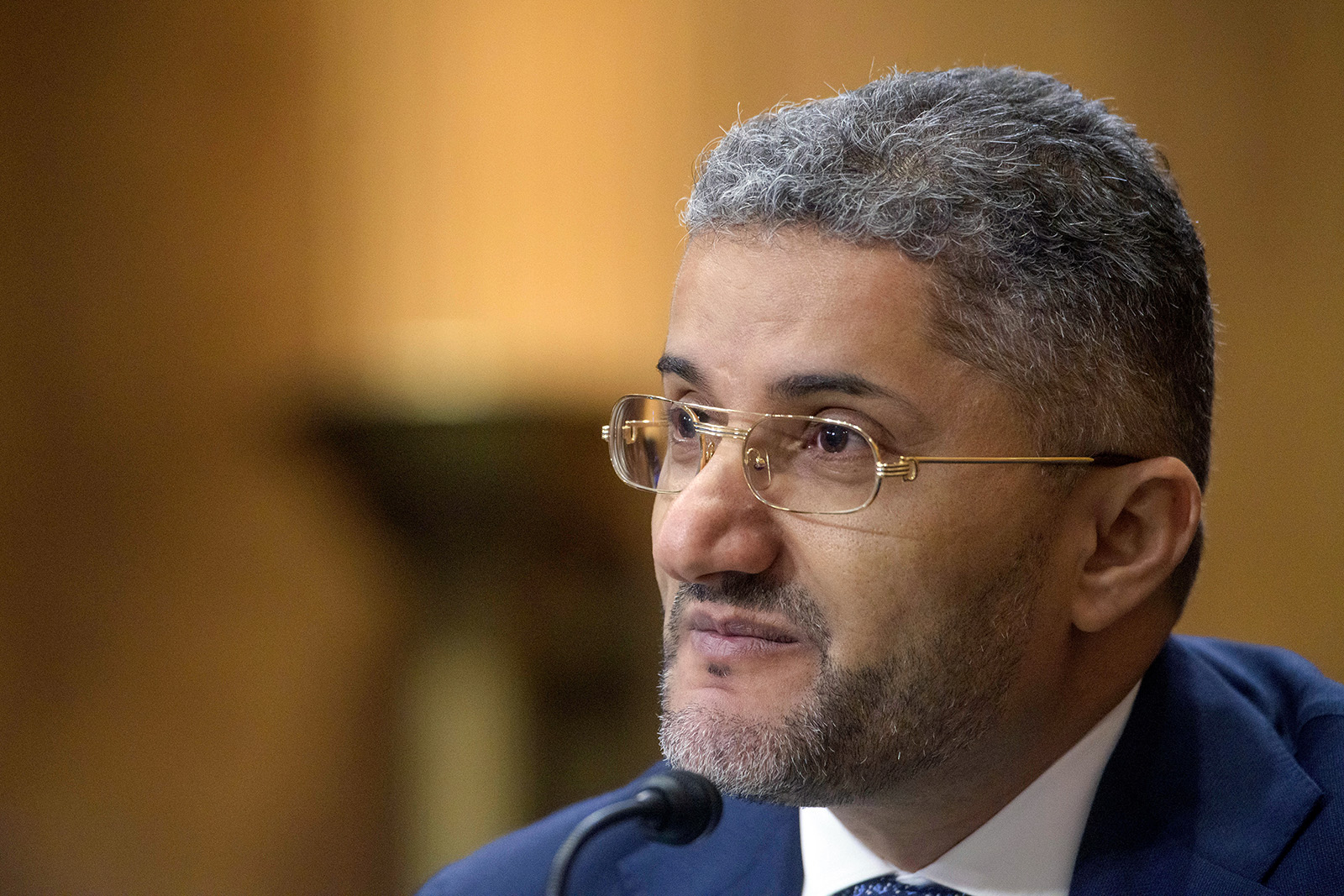
(RNS) — Few ambassadorial nominees from this administration have undergone as intense a grilling as President Donald Trump’s choice to represent the U.S. in Kuwait did Oct. 23 before the U.S. Senate Foreign Relations Committee.
Amer Ghalib, now the mayor of Hamtramck, Michigan, was challenged repeatedly about past statements, and for good reason. Among his controversial past statements were liking a comment on Facebook that referred to Jews as “monkeys” and his characterization of leaders he doesn’t like as “becoming Jewish.” He has dismissed evidence of sexual violence by Hamas in its Oct. 7, 2023, attack on Israel, and is on record opposing the Abraham Accords, the president’s signature Middle East accomplishment during his first term.
Then there was the assertion by one of his Hamtramck political appointees that the Holocaust was “God’s advanced punishment of the chosen people” over Israel’s war in Gaza.
How did he get this far? A Democrat, Ghalib is nonetheless a social conservative and, after meeting with candidate Trump before the 2024 elections, the mayor not only endorsed the former president but joined him at some of his campaign rallies.
In March, Trump announced his nomination of the Yemen-born Ghalib, writing that “Amer worked hard to help us secure a historic victory in Michigan.” Such appointments are often doled out to fundraisers and campaigners, and Ghalib’s was no surprise on that score. Unfortunately, Ghalib, while he bet on the right horse in 2024, carried some baggage.
The members of the Senate committee fastened immediately on Ghalib’s lauding former Iraqi dictator Saddam Hussein as a “martyr.” That was particularly disqualifying, as Hussein had begun a Mideast war by invading Kuwait, the very country to which Ghalib would be sent as ambassador. Senators also pointed to comments the nominee had made suggesting that terrorism can be justified, and when pressed at the hearing to recognize Israel as the Jewish homeland, he resisted.
Ghalib tried to parry accusations of antisemitism with the argument that “I’m a Semite. The Arabs are Semites. Do we read history? How can we be antisemites?”
Arguing in the alternative, as defense lawyers like to say, Ghalib claimed that what he believes in his “personal capacity” should be distinguished from how he planned to act in his “official capacity” as a U.S. ambassador.
Republicans and Democrats on the committee called out Ghalib for his positions and statements. Texas Sen. Ted Cruz questioned Ghalib about his past opposition to the Abraham Accords and support of boycotts against Israel and announced at the end of the hearing that he would not be able to support the nomination.
“What I do not understand is how you could possibly serve as United States ambassador for President Trump in the Middle East when you have passionate views, including having been a vocal opponent of the Abraham Accords, the singular and most consequential accomplishment President Trump has negotiated.”
Most of the Republican members, however, have not spoken up against the nomination, presumably out of reluctance to question a pick of Trump’s.
The president’s reaction — or lack of one — will be interesting. He won’t be able to shift responsibility for the nomination onto others, as he did regarding his recent pardon of Binance founder and money-launderer Changpeng Zhao, where he said that he pardoned the convicted criminal at the request of “a lot of very good people.”
Busy with plenty else, Trump could quietly allow the the nominee’s quest for the ambassadorship to fizzle. But it’s not impossible to imagine Trump digging in and speaking in support of Ghalib, even at this point. Were he to do so, though, it would mean that the president’s transactional approach to politics has no limits whatsoever.
Or Trump can face the facts that were aired at the committee meeting and withdraw his nomination. Admitting errors is not usually in his toolbox. But doing so here would be the right thing and, in the end, gain him deserved respect.
(Rabbi Avi Shafran writes widely in Jewish and general media and blogs at rabbiavishafran.com. The views expressed in this commentary do not necessarily reflect those of Religion News Service.)
